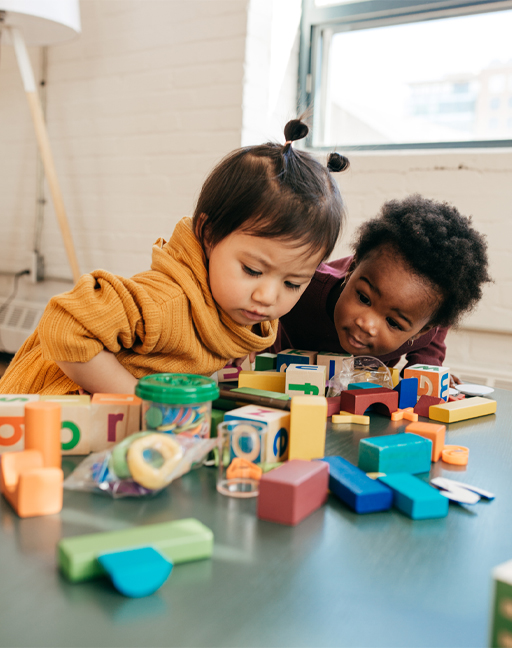2.1 Aims of the Early Years Foundation Stage
In England, the early years curriculum is the Early Years Foundation Stage (EYFS). The overarching principles for the EYFS are:
- every child is a unique child, who is constantly learning and can be resilient, capable, confident and self-assured
- children learn to be strong and independent through positive relationships
- children learn and develop well in enabling environments, in which their experiences respond to their individual needs and there is a strong partnership between practitioners and parents and/or carers
- children develop and learn in different ways.
The principle that each child develops and learns in different ways is important to bear in mind; however, the EYFS states that there are three characteristics of effective learning:
- playing and exploring: children being encouraged to ‘have a go’
- active learning: children concentrate and keep on trying if they encounter difficulties, and enjoy achievements
- creating and thinking critically: children have and develop their own ideas, make links between ideas and develop strategies for doing things.
If learning is planned to give opportunities for children based on the characteristics of effective learning, they will be able to experiment with alternative ideas and find strategies for doing things, either on their own or working with others. The notion of ‘having a go’ is linked with being persistent and this in turn helps to develop resilience. The concept of children exploring and experimenting at their own pace helps them to develop concentration. Creating learning opportunities for children that include these approaches helps them to develop a sense of achievement, which is linked to wellbeing.
Children’s wellbeing is therefore at the heart of the EYFS curriculum. In the next section, you will look at how positive relationships can help young children’s wellbeing, focusing on the role of the key person. The term ‘key person’ is used in the EYFS: the aim of the role is similar to the role of ‘key worker’.

